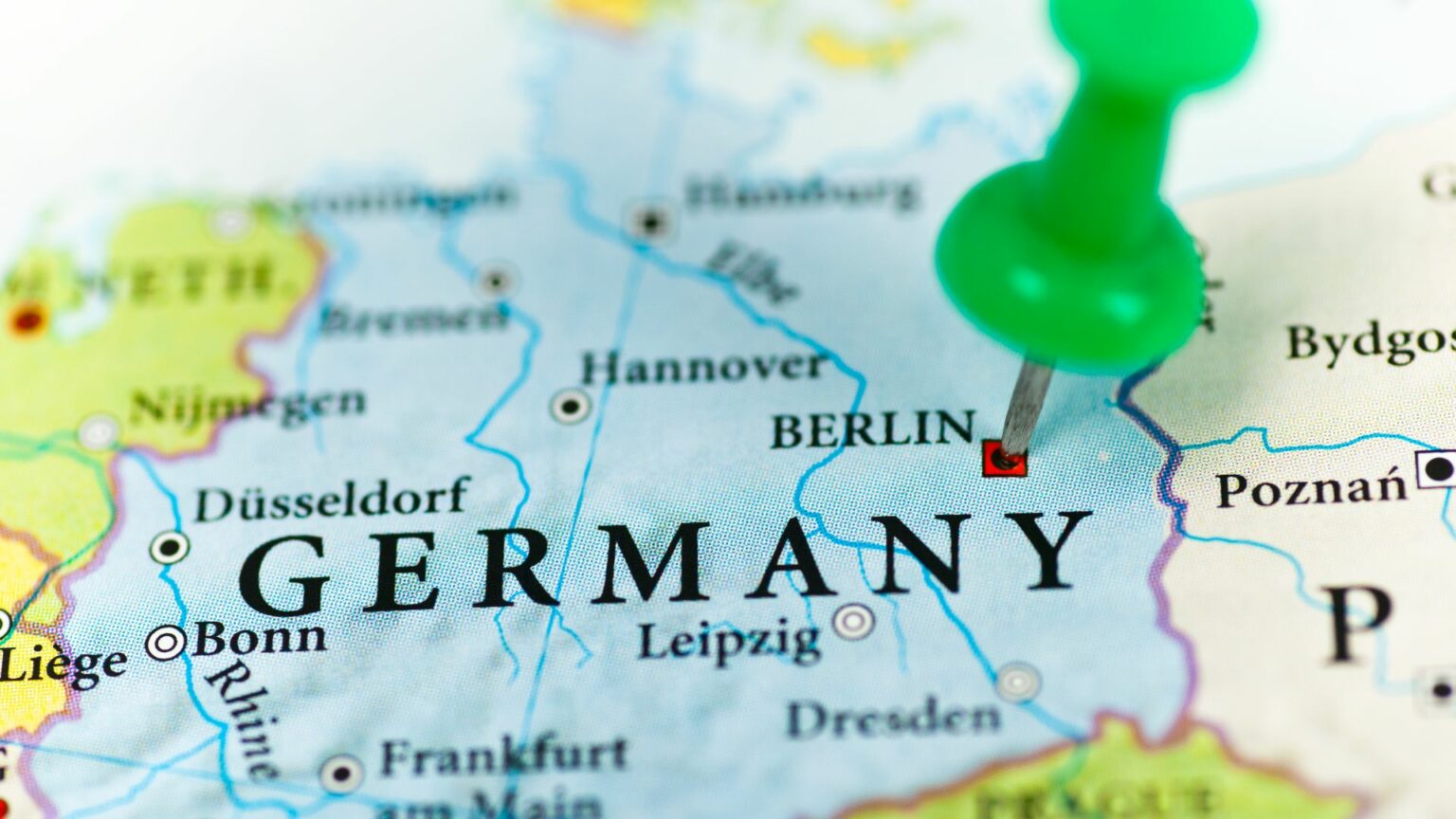Germany aims to make hydrogen a cornerstone of its energy system within a few years. However, political uncertainty and excessive bureaucracy threaten this future-focused venture.
Current developments suggest that Germany may fall short of its ambitious targets to scale up the hydrogen economy. The industry is hesitant to invest due to a lack of planning security and bureaucratic hurdles. This obstacle is highlighted in the latest H2 Market Index, a comprehensive survey of all stakeholders in the hydrogen market.
Roderick Hömann, head of energy and climate policy at the Wirtschaftsvereinigung Stahl, describes the situation as a “chicken-and-egg problem.” Producers and consumers of hydrogen are hesitant to invest without clear profitability timelines. The steel industry, a major hydrogen customer, requires predictable subsidies and competitive prices for electricity and hydrogen to commit fully. This uncertainty affects many sectors aiming to use hydrogen where direct electrification isn’t feasible.
The shift to a hydrogen-based energy system is crucial for Germany’s energy transition. Hydrogen can be used in the steel and chemical industries and in freight and air transport. It also helps stabilize the power grid amid fluctuating renewable energy inputs from wind and solar. Delays and errors are unaffordable as Germany’s economy grapples with high energy prices. The Federation of German Industries (BDI) expresses concern that slow implementation of state measures, lack of incentives, and conflicting requirements are significant hurdles.
Despite these concerns, the German government is pushing forward with significant steps, such as establishing a 9,000-kilometer hydrogen core network. However, industry surveys, including one conducted by the University of Cologne’s Institute of Energy Economics on behalf of several associations, reveal slow progress in critical areas like storage capacity and import infrastructure development. Germany’s reliance on energy imports remains, with projections estimating a hydrogen demand of 95 to 130 terawatt-hours by 2030, requiring 50 to 70 percent to be imported.
Excessive bureaucracy and slow implementation are the primary obstacles to accelerating Germany’s hydrogen market. Political uncertainties and high regulatory demands hinder investments and progress. The concerns also span the development of the necessary import infrastructure and storage capabilities. Solutions are urgently needed to facilitate smoother, faster advancements in hydrogen technology and its adoption across industries.
To accelerate the hydrogen economy’s development, stakeholders suggest removing bureaucratic barriers and creating more investment certainty. Encouraging both green and blue hydrogen during the transition period could also provide the flexibility needed to meet climate targets without getting bogged down in detailed debates. Supporting initiatives to reduce production and transport costs will be vital for success.
